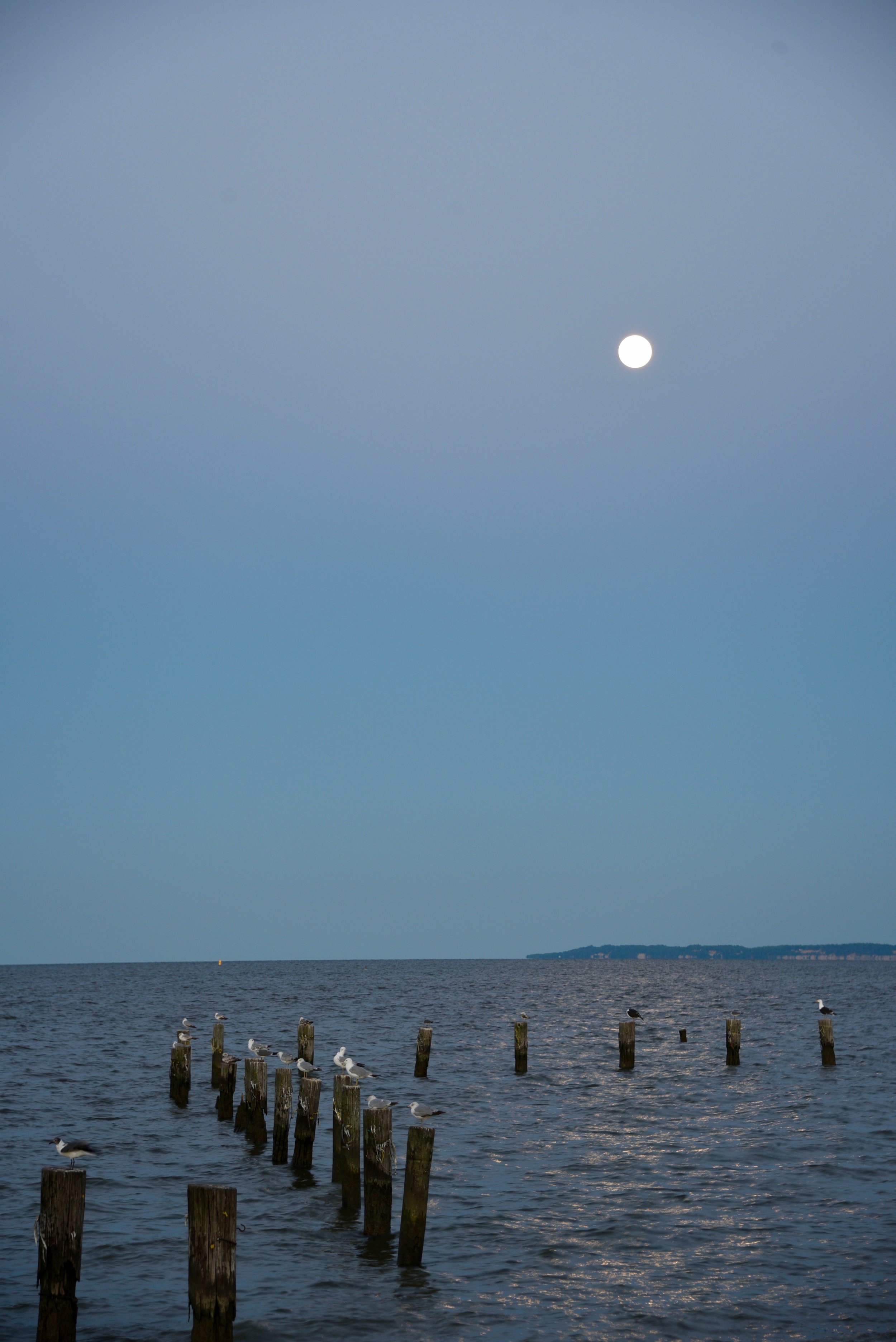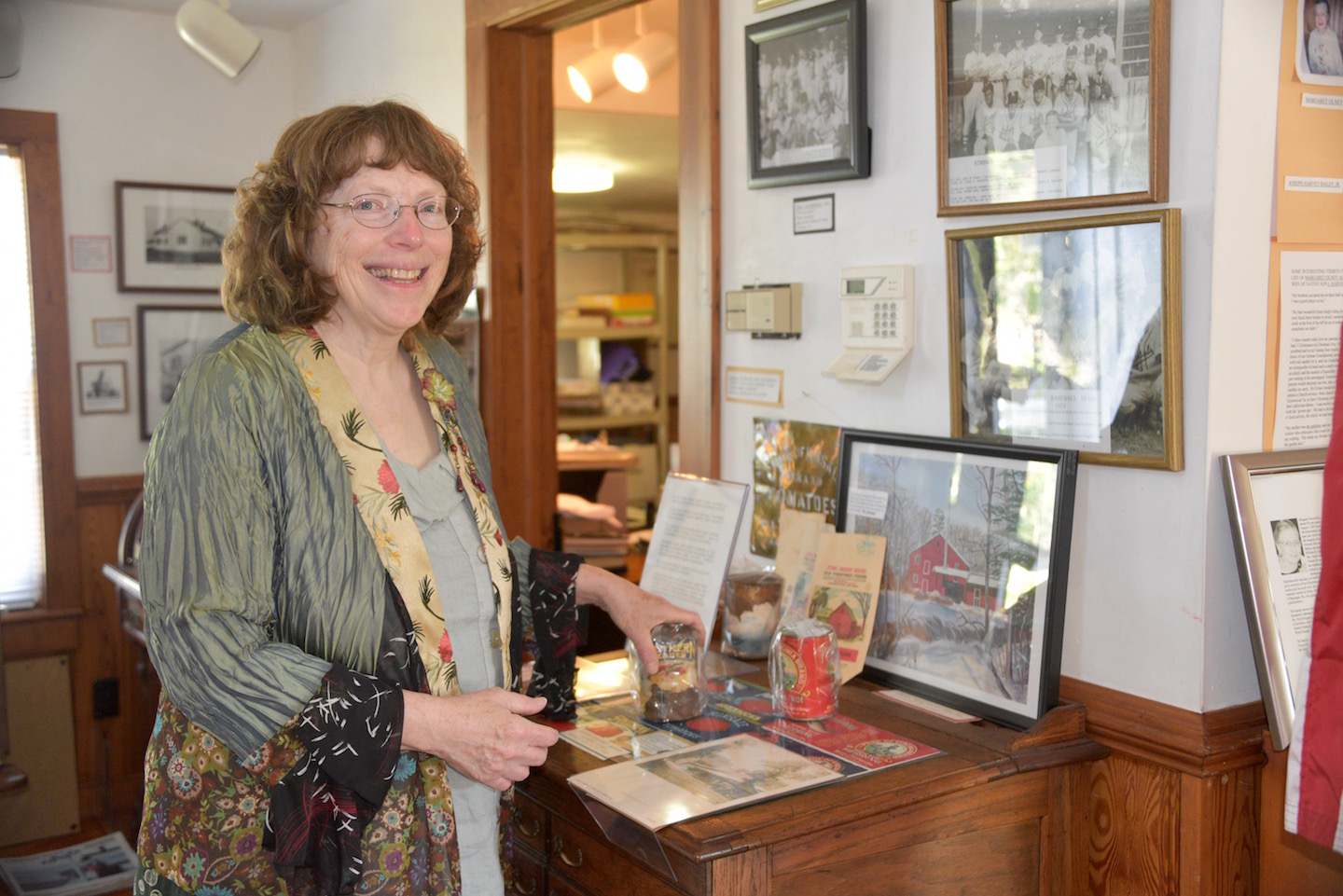Virginia's Northern Neck — Water Everywhere
If there was a theme to our travels in 2016 it was "high desert"; this year it's probably water. That's certainly true of our stay in Virginia's Northern Neck. The Northern Neck is a slip of land that has the Rappahannock River one side and the Potomac River and the Chesapeake Bay on the other.
Fishing, oysters, farms, and "antique shops" are all over, and there is a growing number of vineyards. Towns are really small and for the most part, people are extremely friendly. Oh, and George Washington, James Madison, and James Monroe were all born here!
We stayed in Colonial Beach, founded in 1892, for about six weeks. It's pretty far north on the Neck, so we took a road trip to explore. Exploring mostly meant visiting tiny museums, where the docents give you a personal tour that lasts a little longer than you might like. The trade-off is that you learn a lot that you simply would never find out otherwise.
Here's a glimpse of a few places we visited.
Colonial Beach
Only about 1.5 hours south of DC, the town is on the upswing (there's debate, but that's what most people we talked to said.) It's nothing like it's heyday in the 70s when the river was lined by casinos — but it has a spa, a few new restaurants, and a micro-brewery. We stayed here for six weeks, and for the most part, we had the place to ourselves.
Colonial Beach during a busy weekend — they were celebrating the 60th annual Potomac River Festival.
There are a few small hotels that have been refurbished — this one is kept up, but not operational.
Moon River
We bought a kayak — when in Rome!
Osprey nest on poles all along the river. The town is actually full of birds; they kind of run the place.
Waitin' on the Fireman's Parade. About 200 emergency vehicles — all with their sirens on!
Kinsale
Lynn the head of the Kinsale Foundation; makes a mean poundcake!
You would never get to Kinsale if you weren't trying. We thought we'd check-in at the museum, which was run by a lovely lady named Lynn, who had hundreds of stories to tell. She also had some tricks up here sleeve to get people to stay a bit longer: "Oh, are you leaving so soon? I was just about to cut you a slice of poundcake." She wasn't kidding. Curt was thrilled.
The grain processor — semi-trucks dump the grain here, which is then fed onto large barges.
Like a lot of places on the Northern Neck, Kinsale's economy continues to be driven by practices used for centuries. They still ship soybeans and other grains grown in the area up barges on the river — now they go to a Purdue chicken plant in Maryland.
Reedville
This may have been our favorite stop along the trip. The town is really just a single road, with water on either side. It has a lovely Fisherman's Museum, which also boasts an impressive model train display and a boat shop where they refurbish donated wooden boats. The docents will provide a guided tour of all of it to you — like it or not!
Reedville. The economy has been supported since the 1800's by menhaden. Small fish that move in large, tight schools. They are harvested for use in feed and fish oil.
A vessel docked at the Fisherman's Museum.
Kilmarnack & Irvington
As you move towards the Chesapeake Bay, the towns start to get a bit fancier — they are still rural, but you also have multi-million dollar river estates thrown in the mix. There are some coffee shops and restaurants, and a few hotels as well. Also, the oyster industry has made a big comeback along the Rappanhock River. So, you can find a few upscale places to enjoy them.
Dog & Oyster Vineyard If you always wanted to know what the world's biggest wine key look like — here you go. It's in the Guinness Book of World Records!
Shiloh School. One of its first teachers in the early 20th century was Jesse Ball duPont — she later became a major philanthropist in the area (she was the third wife of Alfred duPont).
Hope & Glory. This boutique hotel in Irvington used to be a boarding school in the 19th century. Rooms start at $200. If you prefer, they also offer tent accommodations!
Montross
Magnolia trees are all around — and in bloom for most of our stay on the Neck!
We mainly knew this as the place we always stopped for coffee (it somehow was on the way to most everywhere we went.)
However, it's also a town that kept a muralist very busy. Below are just a few of the murals that were pretty much on the side of ever business in town.
The Coca Cola bottler for the Northern Neck. It's no longer in operation — the building is for sale though!



